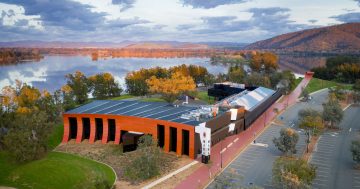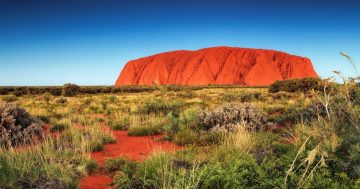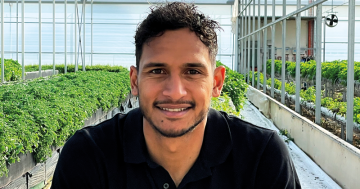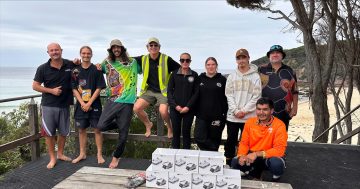 Legislation to place Aboriginal people at the heart of decision-making about their heritage, focusing on achieving agreement between land users and traditional owners, is in the final stages of drafting.
Legislation to place Aboriginal people at the heart of decision-making about their heritage, focusing on achieving agreement between land users and traditional owners, is in the final stages of drafting.
The draft Aboriginal Cultural Heritage Bill is the culmination of more than three years of extensive community discussion and consultation aimed at reforming the State’s outdated Aboriginal heritage laws in force since 1972.
The draft legislation was shaped through more than 100 workshops and information sessions attended by more than 1,400 people; 150 targeted and individual stakeholder meetings and in excess of 380 submissions.
Minister for Aboriginal Affairs, Ben Wyatt said the Bill represented fundamental legislative reform in relation to the recognition, protection and management of Aboriginal cultural heritage.
“It is, in effect, co-designed law-making by Aboriginal people, land users and the broader community,” Mr Wyatt said.
“The Bill captures and celebrates the diverse elements and perspectives of Aboriginal cultural heritage and recognises that it is both a traditional and living culture that remains fundamental to the lives of Aboriginal people.”
He said it also aligned with native title, which was critical in determining the custodians of cultural heritage.
“Importantly, it places Aboriginal people at the heart of decision-making about their heritage and focuses on achieving agreement between land users and traditional owners,” Mr Wyatt said.
The Parliamentary Counsel is now working to incorporate final improvements to the Bill before it is put before Parliament.











